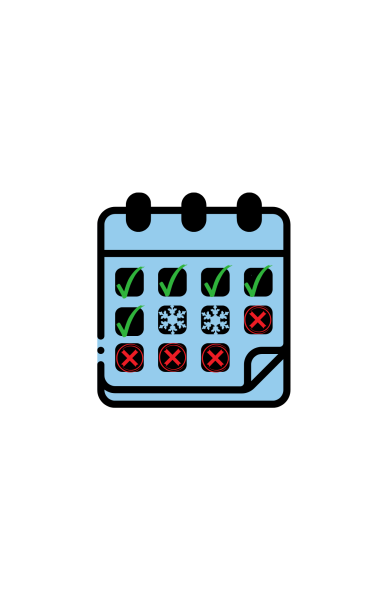What Affects Teenager’s Self Esteem?
Low Self esteem is an epidemic that plaguing high schools across the nations. According to ReachOut.com, “when someone has low self-esteem they tend to avoid situations where they think there’s risk of failure, embarrassment or making mistakes.” Issues with low self esteem can lead to friendship problems, low motivation, poor body image, early sexual activity, and feelings of sadness and anxiety.
Poor self esteem can limit teenager’s ability to strive and do good in school. Education World states that, “low self-esteem can lessen a student’s desire to learn, her [or his] ability to focus, and her [or his] willingness to take risks.” Having high self esteem helps the students do better in their classes, because they believe in themselves and their abilities.
There are many ways to help students who have low self esteem. According to Pychologies, “using the tools of mindfulness, you can learn to look at situations, other people and yourself objectively, without the negative influence of the past and with the awareness that you always have a choice.” It often helps people to show compassion, moving on from past problems, and staying connected with themselves.
Low self esteem is most likely to affect teenagers, but it also can be brought up by other teenagers. Cade Petty told PCNN that his self esteem is increased by “being around other guys that gas you up.” When asked if social media plays a role in student’s self esteem, Logan Grahn said, “definitely, because you can always hide behind a screen.”








